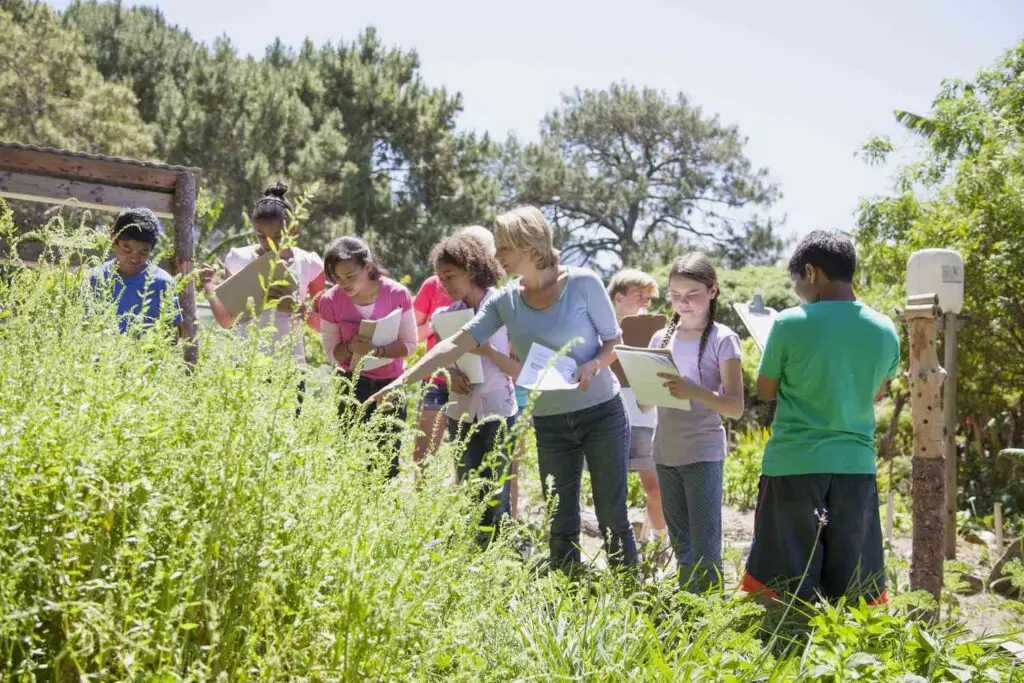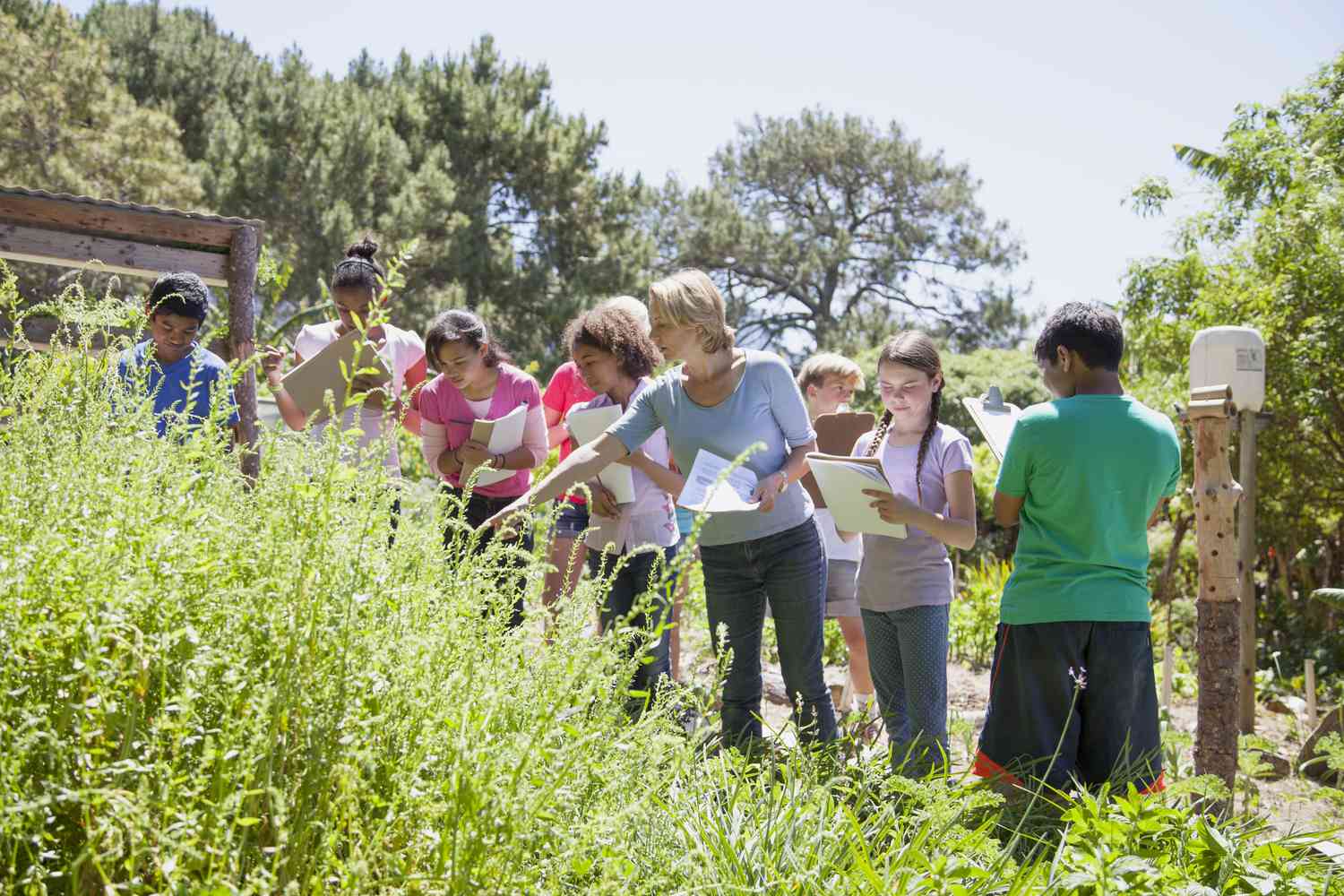Expanding horizons and building skills
 The Importance of excursions for teens
The Importance of excursions for teens
Excursions, or educational trips, play a crucial role in the development and education of teenagers. These trips, whether to historical sites, museums, nature reserves, or cultural events, offer more than just a break from routine classroom activities. They provide rich, hands-on learning experiences that can enhance academic knowledge, foster personal growth, and develop essential life skills. This writes up talks about the importance of excursions for teens and how they contribute to their holistic development.
Enhancing Academic Learning
Real-World Application of Knowledge
Excursions provide students with the opportunity to see real-world applications of what they learn in the classroom. For example, a visit to a science museum can bring abstract concepts to life, allowing teens to witness scientific principles in action. A trip to a historical site can make history lessons more tangible and engaging, helping students understand and appreciate the past in a more profound way. These experiences can deepen understanding and retention of academic material, making learning more effective and meaningful.
Interdisciplinary Learning
Educational trips often encompass multiple disciplines, offering a more integrated approach to learning. For instance, a visit to a natural park can include elements of biology, geography, environmental science, and even art and literature. This interdisciplinary exposure helps students make connections between different subjects, fostering a more holistic understanding of the world around them.
Personal Growth and Development
Building Independence and Confidence
Excursions often require teenagers to step out of their comfort zones and navigate new environments. This fosters a sense of independence and self-reliance as they learn to manage themselves and their belongings in unfamiliar settings. Successfully navigating these experiences can boost their confidence and prepare them for future challenges.
Enhancing Social Skills
Trips often involve teamwork and collaboration, whether through group activities, discussions, or problem-solving tasks. These experiences help teens develop essential social skills, such as communication, cooperation, and empathy. Additionally, spending time with peers outside the usual school environment can strengthen friendships and build a sense of community.
Developing Critical Thinking and Problem-Solving Skills
Hands-On Learning
Excursions provide hands-on learning opportunities that encourage critical thinking and problem-solving. For example, during a visit to a science center, teens might engage in interactive exhibits that require them to hypothesize, experiment, and draw conclusions. These activities stimulate curiosity and creativity, encouraging students to think critically and approach problems from different angles.
Exposure to New Perspectives
Educational trips expose teenagers to diverse perspectives and ideas, broadening their understanding of the world. Whether interacting with experts in a particular field, experiencing different cultures, or observing various ecosystems, these experiences challenge students to think beyond their immediate surroundings. This exposure can inspire new interests and passions, as well as a more open-minded and inclusive worldview.
Connecting with Nature and Promoting Well-Being
Reconnecting with the Natural World
In an increasingly digital age, excursions to natural environments offer teens a chance to reconnect with the outdoors. Activities such as hiking, wildlife observation, or visiting conservation areas can instill a greater appreciation for nature and the environment. This connection to nature is not only educational but also beneficial for mental and physical health, reducing stress and promoting overall well-being.
Encouraging Physical Activity
Many excursions involve physical activity, whether it’s walking through a museum, exploring a historical site, or engaging in outdoor adventures. These activities promote physical fitness and encourage a more active lifestyle, which is essential for the health and well-being of teenagers.
Conclusion
Excursions are an invaluable component of teenage education and development. They enhance academic learning by providing real-world applications and interdisciplinary experiences. Beyond academics, they contribute significantly to personal growth, building independence, confidence, and social skills. Excursions also develop critical thinking and problem-solving abilities, expose students to new perspectives, and foster a connection with nature and well-being. By incorporating regular educational trips into the curriculum, educators can provide teens with enriching experiences that prepare them for a successful and fulfilling future.






















Post Comment